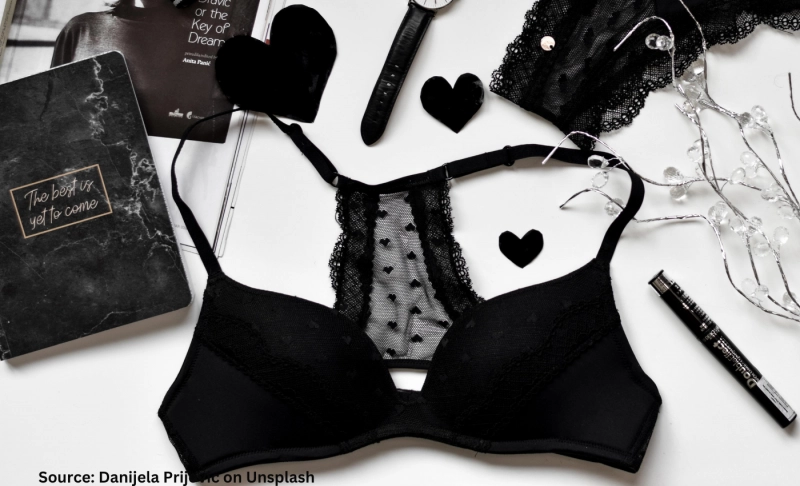By: Pallavi Sethi
May 11 2023
Underwired bras do not compress lymph nodes or cause toxins to build up in the breast tissue

The Verdict False
Scientists believe a link between underwire bras and breast cancer is unlikely.
Context
False claims linking underwire bras to breast cancers have existed for decades. Brealth.co, a wireless bra company, claims on Instagram that a "classic underwire bra compresses the lymphatic channels." The company further asserts on its website that an underwire bra "significantly increases the risk of breast cancer." Several reputable cancer research organizations, including Cancer Research U.K., have repeatedly debunked similar claims. Underwire bras do not cause breast cancer or compress lymph nodes.
In Fact
Claims linking underwire bras to breast cancer first surfaced in a 1955 book, “Dressed to Kill,” by oncologists Sydney Singer and Soma Grismaijer. They claimed fitted bras obstruct lymphatic drainage and build toxins in the breast tissue, resulting in cancer. In 2015, Gwyneth Paltrow's wellness and lifestyle brand, Goop, echoed this belief and was subsequently criticized for spreading misinformation.
Adding to the widespread criticism of Goop's claim, Dr. Jen Gunter, an OB/GYN, wrote a detailed response dissecting previous studies linking lymph node compression and breast cancer on her website, pointing out that "if your bra is impeding your lymphatic flow it is going to harm you because it will hurt. A lot. The kind of compression required to impact lymphatic flow is pretty significant."
Professor Andrew Wardley, an internationally renowned consultant medical oncologist and breast cancer specialist, told Logically Facts, "there is no evidence to support the claim." Dr. Liz O'Riordan, a breast surgeon, also refuted Brealth.co's claims on Twitter, saying there was no evidence to prove the wireless bra company's assertion: "Their bras don't stop breast cancer." Speaking to Logically Facts, Dr. O'Riordan was clear that "bras do not cause breast cancer. Full stop. Underwired bras do not cause breast cancer. Sports bras do not cause breast cancer," adding that "underwires sit underneath the breast – not on the breast so they cannot obstruct lymph flow – and lymph flows upwards to the armpit."
A 2014 study published in PubMed found no association between any aspect of a bra – including cup size, how old the bra is, whether it is underwired or not, or length of time spent wearing a bra – and increased breast cancer risk among postmenopausal women, a high-risk group.
While the exact causes of breast cancer remain unclear, factors such as age, genetic history, exposure to hormonal medicines, and lifestyle can influence the probability of the disease. England's National Health Service (NHS) states that women over 50 in menopause are at high risk of developing breast cancer. Similarly, increased estrogen production can mean a higher risk of getting breast cancer.
Cancer Research U.K.'s Senior Health Information Manager, Dr. Claire Knight, told Logically Facts that "Despite persistent rumors, there is no good scientific evidence that wearing underwire bras, or any other type of bra, can increase your risk of breast cancer. Instead of ditching your bra, the best way to reduce your risk of breast cancer is to stay a healthy weight by being physically active and eating a healthy, balanced diet, and to cut down on alcohol." Dr. Knight added that it's "also good to be breast aware – if you notice any unusual changes to your breasts or nipples, tell your doctor. In most cases it won’t be cancer, but if it is, spotting it early can make a real difference."
Please visit your local GP or clinic to learn more about breast cancer's causes and symptoms.
The Verdict
Brealth, the wireless bra company, falsely asserts that underwire bras compress the lymph nodes. We have therefore rated this claim as false.


